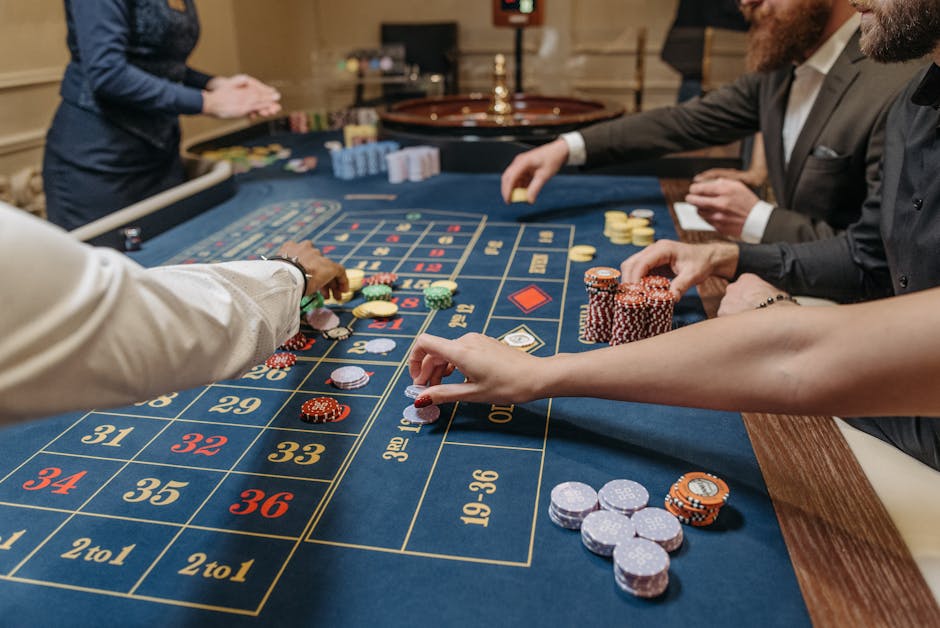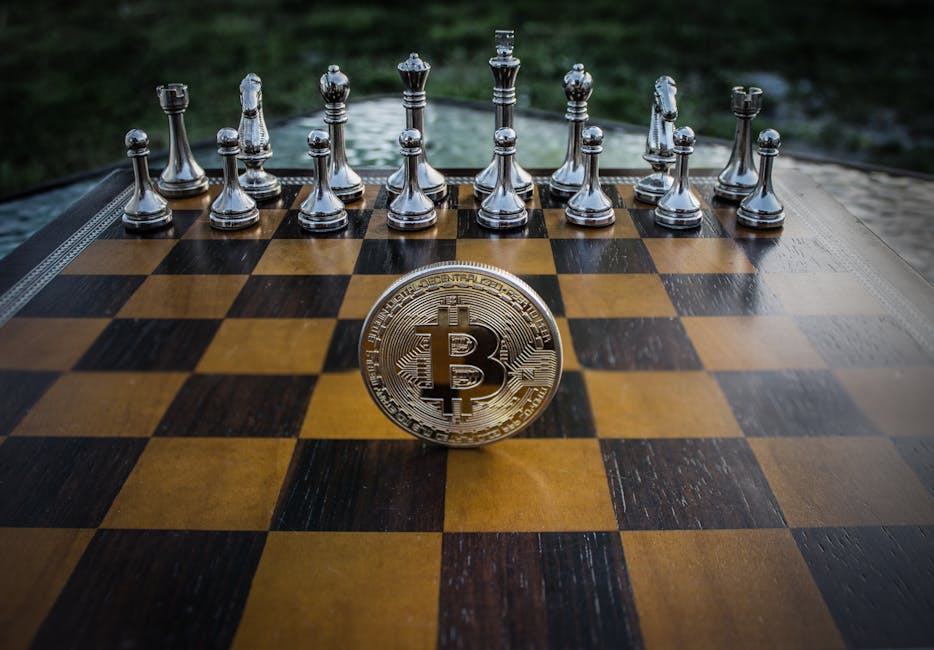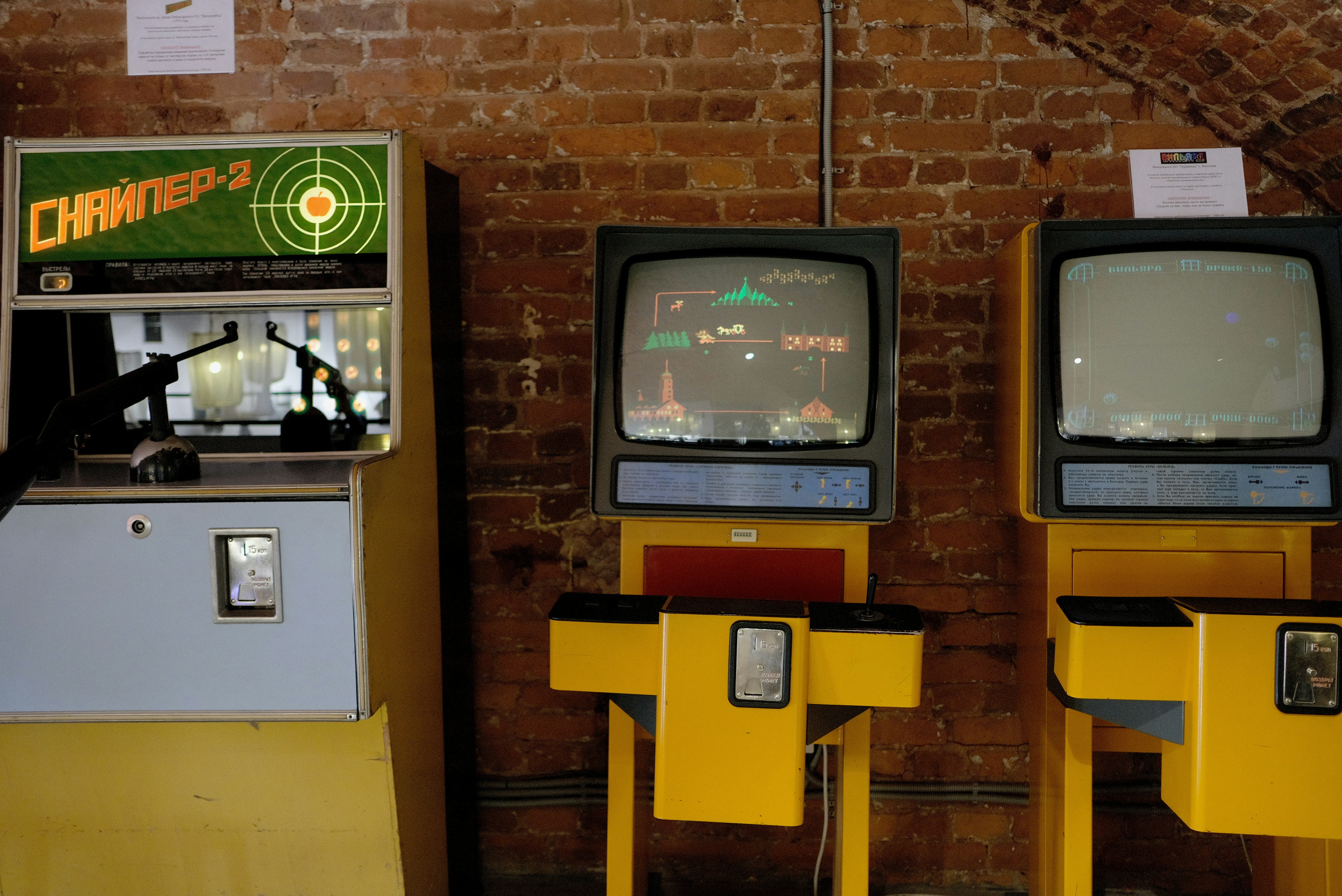Game Theory in Real Life: How Competitive Play Affects Decisions
In the world of gaming, competition often serves as more than just a way to defeat opponents—it's a rich playground for decision-making. When we delve into "Game Theory in Real Life," we discover that the strategies players employ in virtual environments can profoundly influence behavior and choices in the real world. This connection between gaming and real-life decision-making is a compelling subject that unfolds fascinating insights about human psychology, competitive play, and community interactions. Join us as we explore how the principles of game theory extend beyond the screen, reshaping our approach to challenges, risk assessments, and strategic thinking.
Understanding Game Theory: The Basics

At its core, game theory is a mathematical framework for understanding competitive situations where the outcomes depend not just on an individual's decisions, but also on the choices made by others. This concept becomes particularly vivid in the gaming domain, where players must adapt their strategies based on the actions of their opponents.
The Duel of Strategy and Psychology

The beauty of game theory lies in its dual role as both a strategic framework and a psychological study. Players are not only trying to win, but they are also interpreting their opponents’ actions, predicting moves, and employing deception. For example, consider a popular game like "Among Us." The game requires players to employ strategy and social cues to identify imposters. Here, players are engaged in a delicate dance of trust and betrayal, mirroring real-life situations where we must read others' intentions.
As we explore these dynamics, we can draw parallels to real-world situations, such as business negotiations, political decisions, and even personal relationships. The skills honed in gaming—anticipating reactions, strategically withholding information, and forming alliances—reflect a broader narrative of human interaction.
The Insights of Competitive Play

Competitive gaming often emphasizes teamwork and collaboration while also fostering rivalry. Engaging in multiplayer games cultivates critical life skills, such as conflict resolution, time management, and resource allocation. For instance, modding communities illustrate how collaborative efforts can shape and enhance a game beyond its original design. Players working together to modify a game create new rules, mechanics, and experiences, reinforcing the significance of teamwork.
Decision-Making in High-Stakes Scenarios

High-stakes games often lead to intense decision-making moments where players must weigh the risks and rewards of their actions. Such scenarios can mimic real-life situations, providing players with frameworks to approach critical choices.
Risk and Reward: The Gambler’s Fallacy

Risk assessment is a prevalent theme in both gaming and reality. Gamers, especially in competitive contexts, learn to balance the risks associated with different strategies. One common pitfall is the gambler’s fallacy, where players believe that past outcomes will influence future events. This cognitive bias can lead to poor decision-making both in last-minute gaming plays and real-life scenarios.
Through engaging with these dynamics while gaming, players start to develop a nuanced understanding of probability and expected outcomes. This analytical skill stretches into their professional lives, enabling them to make informed decisions in uncertain environments.
The Influence of Game Mechanics on Behavior

The structural elements of a game significantly shape how players interact with the game and each other. Various mechanics can promote competitive or cooperative behavior, which reveals crucial insights into human nature.
Cooperative vs. Competitive Mechanics

Games like "Overcooked" highlight cooperative gameplay, requiring players to work in harmony to achieve a shared objective. The necessity of cooperation fosters communication and communal strategy—qualities invaluable in various life situations, such as group projects at work or planning family events.
Conversely, competitive games can yield different motivations. Titles like "Fortnite" or "Call of Duty" focus on the lone warrior motif—a scenario that may bolster individualism and assertiveness. Gamers learn how to assess their strengths relative to others and develop effective tactics to achieve personal goals, which translate well into competitive job environments.
The Hidden Algorithms of In-Game Choices

In many games, unseen algorithms guide the consequences of decisions, reflecting a form of life simulation. For example, consider how players’ choices in “The Sims” lead to different life paths and outcomes. This dynamic illustrates not only the complexity of decision-making but also how players come to recognize the chain reaction that their choices emit—a valuable external reflection on real-life consequences.
Game Theory and Economic Decisions

Economically, game theory reveals insights into how market strategies function and how competition impacts various industries. Businesses incorporate these principles to navigate competitive landscapes and consumer behavior.
The Role of Gaming Legislation and Market Dynamics

In an era where gaming regulations are continually evolving, understanding market forces within gaming can also inform economic theory. Governments often take on roles as players in this complex environment, making it essential for policymakers to consider strategies while forming regulations—paralleling a strategy game.
By exploring the implications of gaming through this lens, we can grasp how principles of game theory can reshape industries, influence consumer choices, and ultimately shift economic paradigms.
The Educational Impact of Game Theory

As educators increasingly integrate gaming into teaching methodologies, lessons learned from games begin resonating far beyond entertainment. Game-based learning can enhance student engagement and foster critical thinking skills.
Simulation and Role-Playing in Education

Classroom simulations that borrow from game mechanics allow students to confront real-world challenges. By placing students in decision-making scenarios, educators help them practice teamwork, negotiation, and conflict resolution. The gamification of mental resilience exemplifies how game principles can be applied in psychological contexts, enabling students to confront personal challenges in a safe environment.
Through this form of learning, students naturally absorb complex theories while simultaneously applying them in practical, relatable contexts—enhancing both educational and social growth.
Building Communities Through Gaming

Another significant aspect of gaming—and its broader implications—is the sense of community and belonging woven into the online gaming experience. Multiplayer games often create spaces for connections, support, and social interaction among players.
The Evolution of Social Connections

Online gaming communities have evolved dramatically, changing the way players interact with one another. Many gamers find solace and camaraderie in virtual spaces, establishing networks that may last a lifetime. The significance of these connections can be paralleled in the virtual cosplay communities, where shared passion fuels lasting friendships and creative expressions.
This collective experience is vital, especially for individuals who may struggle to forge connections in real life, reflecting gaming's larger role in fostering social inclusion.
The Role of AI in Shaping Gameplay Dynamics

Artificial intelligence is another compelling frontier for understanding decision-making through gaming. As AI continues to evolve, so too does its impact on how players engage with virtual worlds.
AI Companionship and Decision-Making

As AI companions become integrated into single-player games, their role expands from mere support units to crucial decision-makers within the narrative. This innovation can mirror human relationships, as players must cultivate teamwork with AI characters, learning how to adapt their decision-making processes accordingly.
Delving into the subject of AI companions, their development not only transforms individual gaming experiences—but also raises essential questions about our evolving relationship with technology and the decisions we make based on AI inputs.
Final Thoughts
The exploration of game theory and decision-making illuminates the synergies between virtual environments and real-life implications. Whether through competitive play, cooperative mechanics, or developing communities, gaming serves as a unique lens through which we can analyze decisions, behavior, and social interactions.
In summary, engaging actively with games can shape our critical thinking and decision-making skills, preparing us for life’s multifaceted challenges. As we continue to immerse ourselves in these landscapes, we unlock vast potential for personal growth and community building, proving that the influences of competitive play extend far beyond the screen.
For those looking to cement their understanding of game theory in real life, consider reflecting on how the strategies you utilize in games resonate with your decision-making in professional settings, social scenarios, or even personal challenges. By recognizing the overlaps and integrating these principles thoughtfully, gamers everywhere can achieve not only victory within their virtual realms but success in their daily lives.



